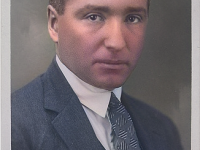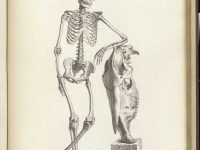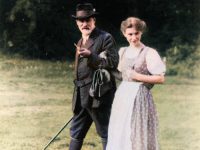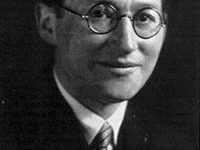Wilhelm Reich and the Overall Structure of Character
On November 3, 1957, Austrian psychoanalyst Wilhelm Reich passed away. A member of the second generation of analysts after Sigmund Freud, Reich became known as one of the most radical figures in the history of psychiatry. He developed a system of psychoanalysis that concentrated on overall character structure, rather than on individual neurotic symptoms. Wilhelm Reich – Early Years Wilhelm Reich was born in 1897, the first of two sons of the landowner…
Read more











